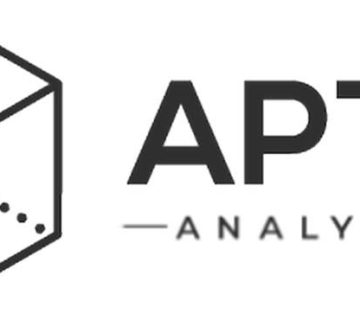14 Ukrainian officials underwent specialized training in the investigation of modern financial crimes during a course held in Vienna, Austria, from November 14 to 17.
The Organization for Security and Co-operation in Europe (OSEC) reported that a group of supervisory and law enforcement officials from Ukraine was exposed to advanced methods and tools essential for probing financial crimes involving virtual assets. OSEC, consisting of 57 participating countries spanning Europe, Asia, and North America, is dedicated to addressing global security and other related issues.
Ukrainian Officials Sharpen Focus on Virtual Asset
The latest move marks the second training on the investigation of virtual assets for Ukrainian officials, and the OSCE said that it will continue to support the war-torn country’s efforts to tackle money laundering, particularly through these assets.
Ralf Ernst, Acting Co-ordinator of OSCE Economic and Environmental activities, emphasized that the growing prevalence of virtual assets and cryptocurrencies in Ukraine has underscored the necessity to bolster the capabilities of law enforcement and supervisory agencies.
The OSEC official stated,
“This is essential for effective investigations, enhancing Ukraine’s resilience against money laundering and other financial crimes.”
Throughout the training program, participants acquired expertise in advanced techniques and practical tools for investigating financial crimes involving virtual assets.
The course further provided participants with insights into advanced tracing methods for criminal transactions across different blockchains with the help of case studies and different approaches. Additionally, participants had the chance to acquaint themselves with specialized analytics software.
The training program is part of an OSCE-led supplementary project titled “Innovative Policy Solutions for Addressing Money Laundering Risks Associated with Virtual Assets.”
The project aims to assist the governments of Georgia, Moldova, and Ukraine in enhancing the capabilities of their national authorities to manage criminal risks linked to virtual assets and cryptocurrencies, utilizing analytical tracing software.
Me
Go to Source to See Full Article
Author: Chayanika Deka





